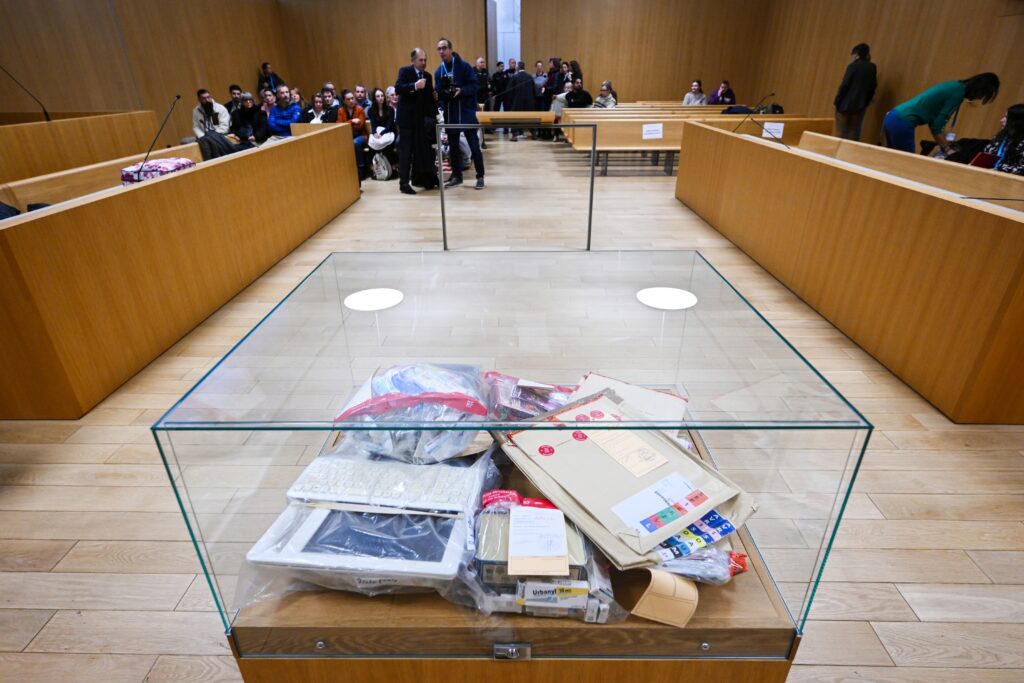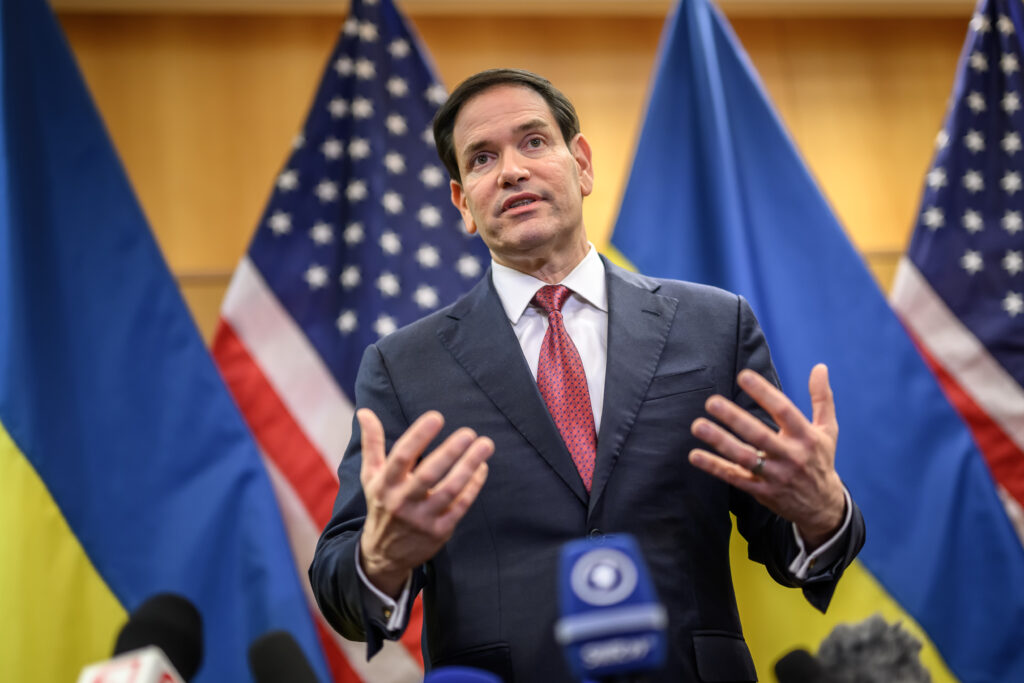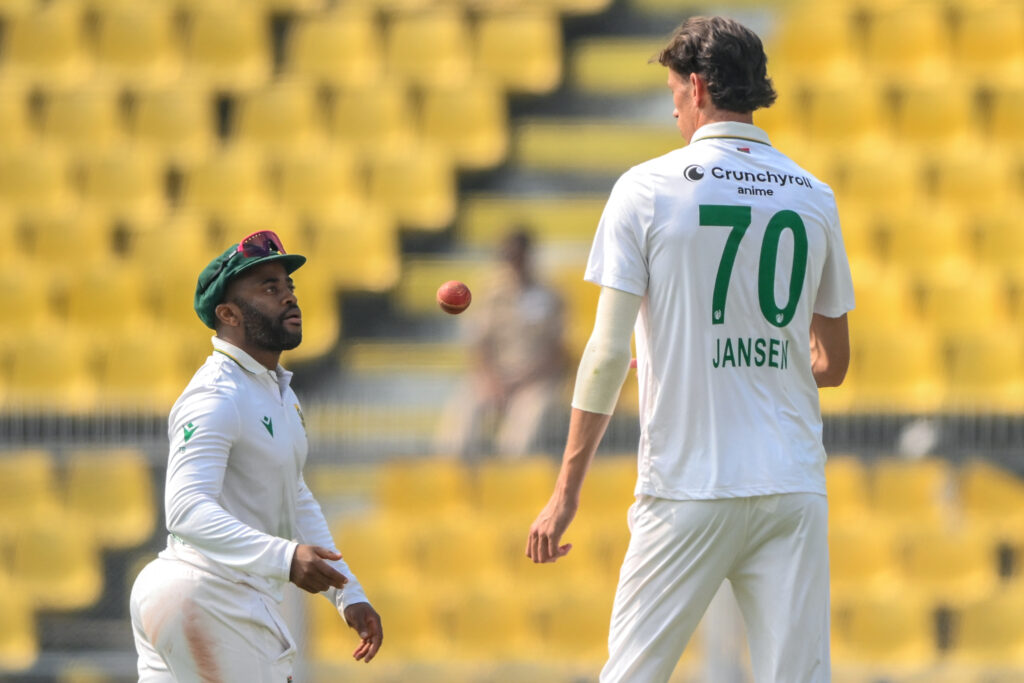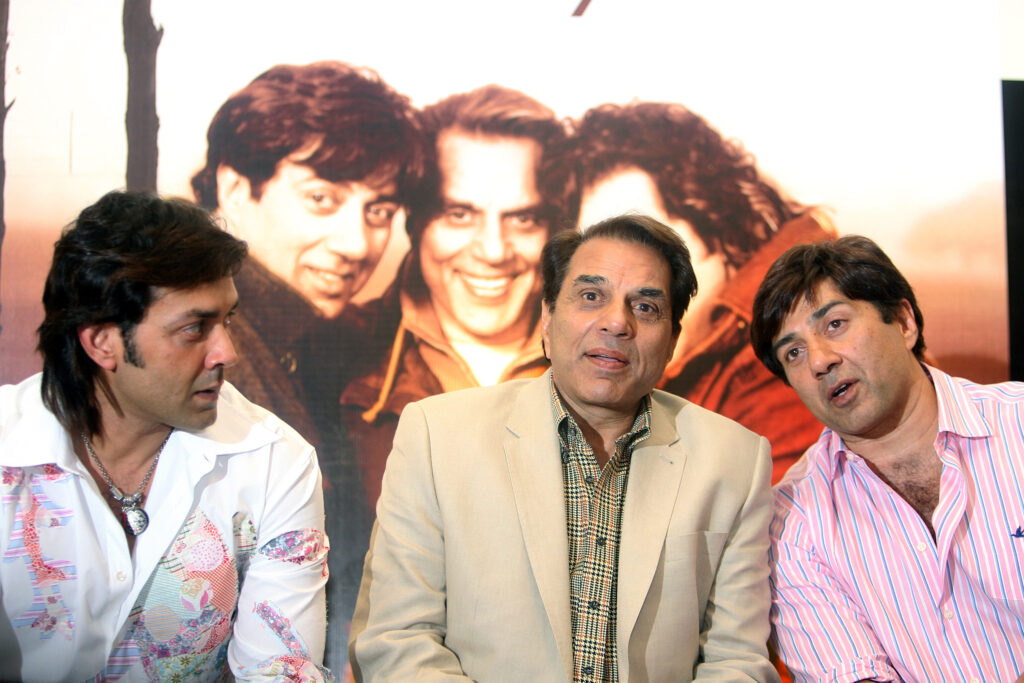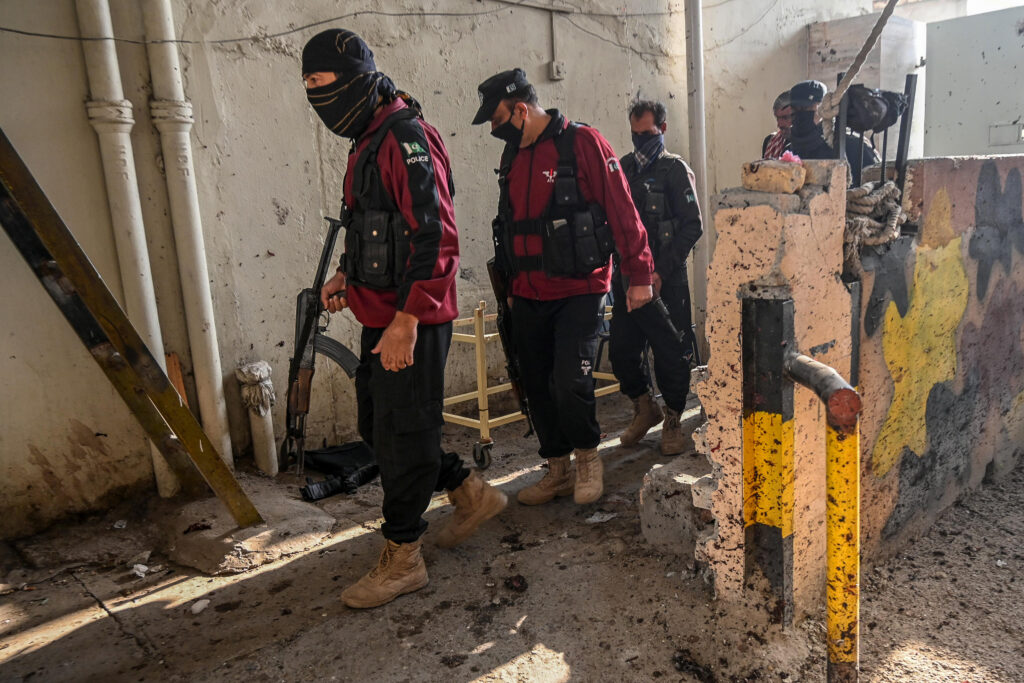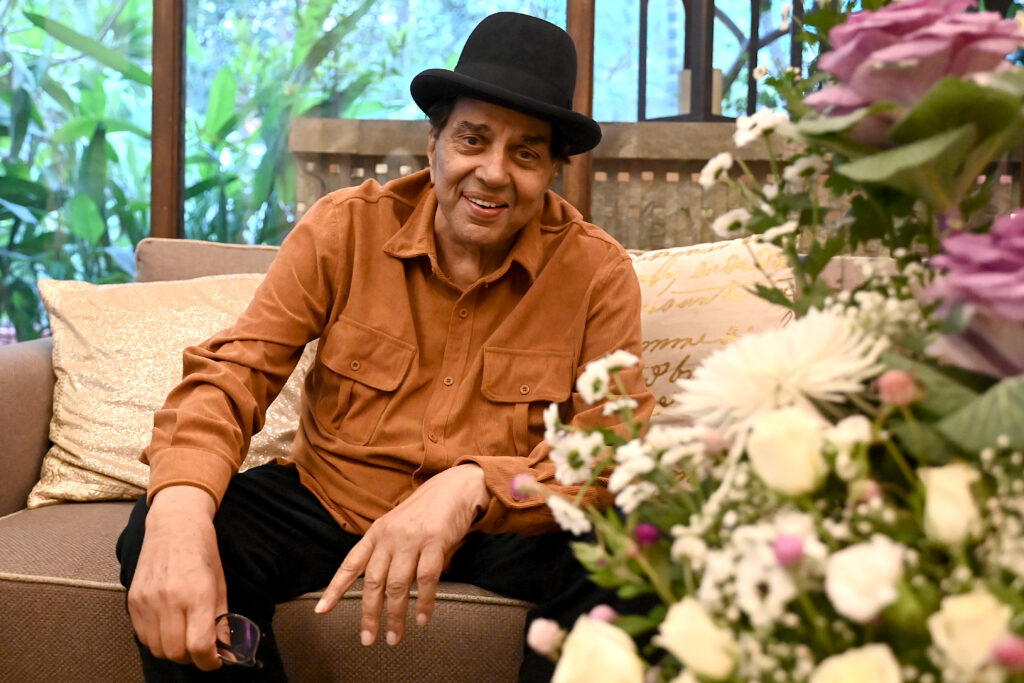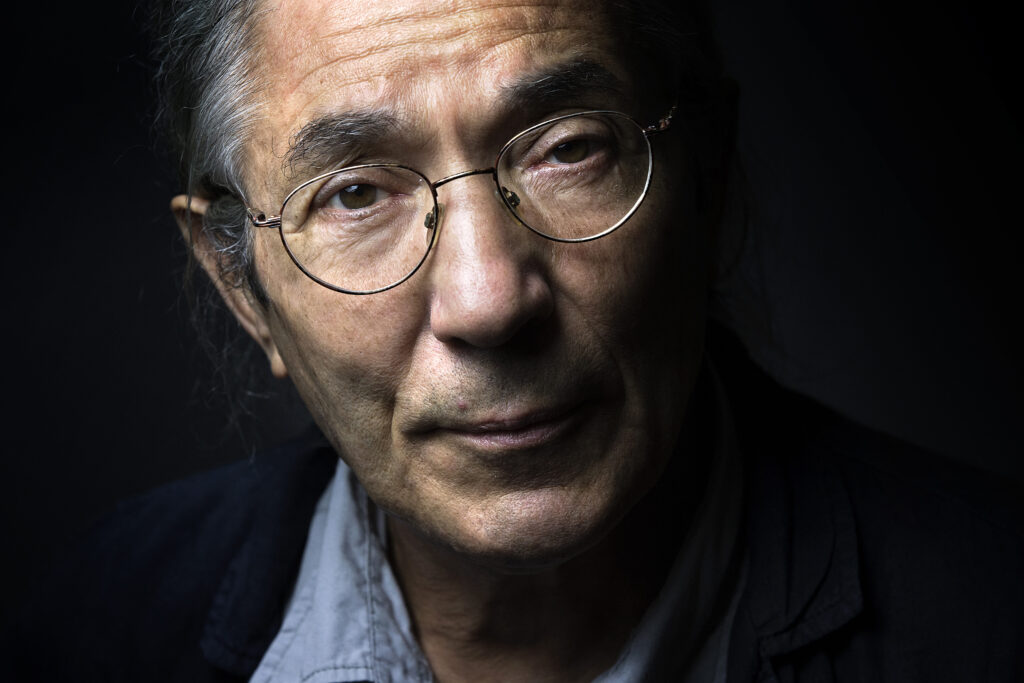Jugée pour avoir empoisonné ses filles aux médicaments, la mère se dit “innocente”
Une femme de 53 ans accusée d’avoir empoisonné ses deux filles, dont l’une est décédée en 2019, en les assommant de médicaments, a de nouveau clamé son innocence lundi matin à l’ouverture de son procès devant la cour d’assises des Landes.Maylis Daubon affirme, depuis sa mise en examen et son incarcération en janvier 2022, que l’aînée, Enea, morte à l’âge de 18 ans, s’est suicidée.”Je suis terrorisée d’être ici, accusée de faits horribles pour une mère et pour une femme, rien au monde n’aurait pu me faire commettre ces actes”, a déclaré celle qui comparaît aussi, jusqu’au 3 décembre à Mont-de-Marsan, pour avoir voulu faire assassiner son ex-mari, père des enfants, en soudoyant des codétenues à la maison d’arrêt de Pau.”Je suis innocente (…), je suis dévastée du décès de mon enfant, c’est un chagrin abyssal”, a-t-elle insisté.Le 13 novembre 2019 vers midi, la mère appelle les secours, alertée par la cadette – Luan – d’une crise de convulsions de sa sœur Enea, au domicile familial de Dax. Le Samu la découvre dans son lit en état de mort respiratoire, la réanime mais elle succombe six jours plus tard à l’hôpital.L’enquête sur les causes du décès, outre la présence d’un médicament surdosé, met au jour un conflit parental majeur. Depuis leur divorce en 2009, Maylis Daubon et Yannick Reverdy, ancien joueur international de handball, se déchiraient autour de leurs filles, coupées de toute relation avec leur père à partir de 2011.”Pendant dix ans, je me suis battu un peu tout seul”, a confié ce dernier à l’AFP. Un chien d’assistance, proposé aux victimes qui le souhaitent, était à ses côtés lundi matin sur le banc des parties civiles.- “50 à 75 cachets” -Les analyses du corps de la défunte ont révélé une prise massive – “l’équivalent de 50 à 75 cachets” – de Propranolol, un traitement qui ralentit le cœur.Le rapport d’expertise fait aussi apparaître 22 molécules différentes et une “consommation régulière et importante” de cannabis. Les médecins légistes ont lié le décès à une “décompensation cardiorespiratoire aiguë d’origine toxique”.Les mois précédents, la défunte s’était vu prescrire quantité de neuroleptiques, anxiolytiques sédatifs, traitements contre les convulsions et antidépresseurs. Les enquêteurs estiment qu’elle a consulté près de 30 médecins au cours de sa jeune vie.L’avocat de Yannick Reverdy, Me Victor Font, s’interroge sur cet enchevêtrement risqué d’ordonnances délivrées “sans coordination”.Pour le père, sa fille “n’avait pas de pathologie”, sa mère en a “inventé” pour la mettre “sous emprise psychique, puis chimique”.Une psychologue de la Protection de l’enfance, intervenue en 2018 face à l’absentéisme scolaire anormal d’Enea, a évoqué un possible syndrome de Münchhausen par procuration.Ce syndrome conduit un parent à exagérer ou provoquer des problèmes de santé sérieux chez son enfant, afin d’attirer l’attention ou la compassion. En août 2019, Maylis Daubon a répété à son entourage que sa fille était hospitalisée en soins palliatifs pour une leucémie et qu’elle préparait son enterrement.- Münchhausen par procuration -“Aucun expert psychiatre n’a, dans le cadre de l’instruction, posé clairement ce diagnostic”, balaie l’un des avocats de la défense, Me Gérard Danglade.La personnalité de la mère, décrite comme “menteuse et manipulatrice” par des témoins, sera au cœur des débats. Tantôt professeure à la Sorbonne, ingénieure nucléaire ou casque bleu à Sarajevo, elle manifeste “le besoin d’être sur le devant de la scène”, selon l’accusation.Lundi, Maylis Daubon a déclaré qu’elle était “conseillère en formation continue” avant son arrestation.Elle devra s’expliquer sur les incohérences pointées dans ses déclarations sur le déroulé de la matinée du 13 novembre 2019, concernant notamment son emploi du temps et la disparition du portable d’Enea.Si l’accusée maintient la thèse du suicide, la cadette a évoqué durant l’instruction les “projets d’avenir” qu’avait sa sœur – passer son permis de conduire ou être rescolarisée.L’absentéisme scolaire de Luan a également éveillé les soupçons et des analyses ont révélé des traces de médicaments – codéine, anxiolytique sédatif, somnifère ou antidépresseur – dans ses cheveux, sans prescriptions médicales, conduisant à une nouvelle mise en examen de Maylis Daubon.Sa deuxième fille n’a jamais voulu la mettre en cause: elle sera entendue comme témoin au procès.
